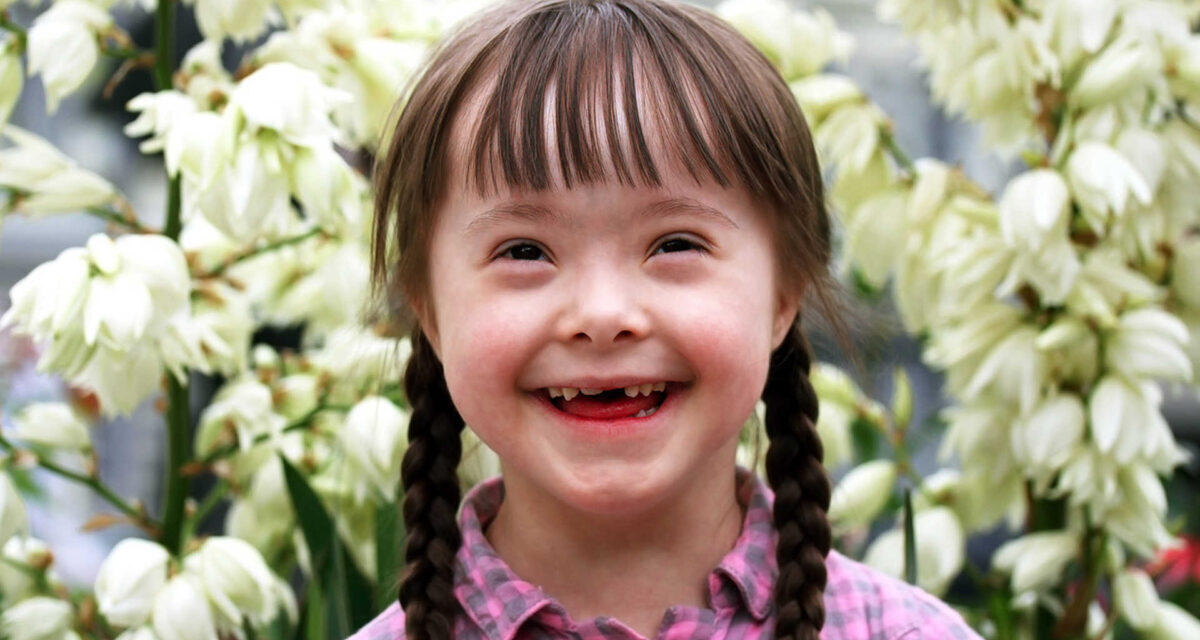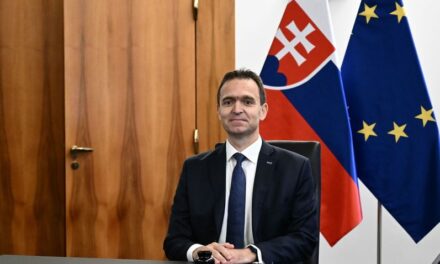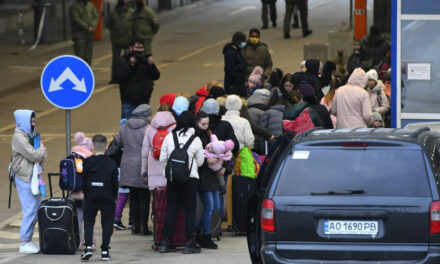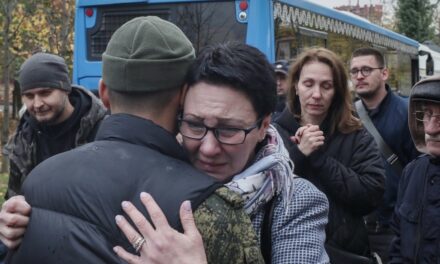The mother from Gyimes, who has been raising her daughter with Down syndrome for 21 years, also dreamed of an association, a camp and a residential home for sick children.
The Happy Down Association has been operating since 2013 and fulfills its mission unceasingly: it brings smiles, friendship, learning and community into the lives of people with Down syndrome in Hargita County. All this because 21 years ago, Szilvia, the first-born child with an extra chromosome, arrived in the family of the Ambrus Kingás living in Gyimesfelsőlok, and thus sealed the life of the family and the neighborhood.
Well, not in a negative way - although at first all parents have to face the demons of rejection and self-blame - but in the most positive way possible: it brought extra joys and so many other forms of fulfillment.
World Down Syndrome Day is celebrated on March 21. The article we recommend for re-reading was originally published on September 1, 2023.
Thanks to him, Happy Down was created, which is meant to guide fellow travelers - both those affected and their family members - to "a good and safe place", the initiator shared with us, whose undisclosed aim is to attract outsiders to the open day of the camp to be held this weekend. He would like more people to get to know their children so that he can start his other big dream, building a residential home for people with Down syndrome.
Because he feels it is his responsibility to ask "what will happen to them when we are no longer around?" answer the question.
The name of the Happy Down Association - in the creation of which the special education teacher Emese Lőrincz-Váta also had an important role - may sound familiar, as the Down nanny training was started in Hargita county on the initiative of the members, following the Hungarian example. Fifteen families are currently active members of the association, and their community is filled with "children" from 8 to 42 years of age with Down syndrome. Children, because those living with a genetic disorder cannot adapt to the current functioning of our society, so they always need a little bit of support from their parents and families, says Ambrus Kinga measuredly, then adds in a hopeful tone, unless the first home in the area is built in which the supervision of nurses and specialists they can live a self-sufficient, self-sustaining lifestyle.
She admits that she was 19 years old when she gave birth to her daughter, she did not expect that life would present her with such a challenge, and she did not receive professional help in the delivery room or even later. Although he accepted the situation easily, the family had to work together to find out what methods and options would work, and this was often a heart-wrenching task. He developed himself a lot, studied so that he could give his child the most -
today, at the age of 42, he is completing the assistant training precisely so that he can support the children and their parents as a professional in the future, not just as a companion.
As parents of children with Down syndrome, they are sure that they are capable of becoming independent if there is a person next to them who can guide their steps and actions, and a living space around them that does not confront them with their limitations, but gives them the opportunity to develop in their own way. Their camps at least prove that people with Down syndrome can be active members of the community. The annual meeting is still taking place in Pottyond, and on its open day, on Saturday, September 2, outsiders are welcome to make sure that a residential home that makes life easier for people with Down syndrome has the right to exist.
At the same time, the hours spent in the Menáság air can provide a good opportunity for those involved and outsiders to establish a relationship, for partners to share their everyday problems with each other, to offer advice and emotional help to each other.
"It is very important that parents raising a child with Down syndrome feel that they are not alone, that they belong to a community where they are listened to"
- the Gyimesi mother justifies the existence of the association and the camp, and then adds that the state provides hardly any support, they are not lucky in the field of education and health care either, all of which means a financial burden for the parents. Although the association tries to intercede and ask for discounts, they are not always successful, so they are not very optimistic now that they have dreamed of a special home for those involved.
As he says, in the past 10 years, close friendships have been formed between the families participating in the association, the parents have united, they try to fulfill their mission as one person, even if they encounter obstacles. Already during the period of childbirth, they provide each other with spiritual support, because the parent is often at a loss, scared, and does not know what to do with the responsibility that has fallen into his lap. In addition to knowledge, the members of the association also radiate calmness, because they already know - as they have experienced firsthand - that children with Down syndrome can be developed well, and that it is important to do everything to make them as self-sufficient as possible, the special education teacher (in their case, Emese, who accompanies the children from the beginning), swimming, movement and belonging to the community.
And the latter would be truly effective if they could live together and for each other, in harmony with nature. They like animals, they like to bring in eggs, and they are also able to give them food and drink. Some of them like to draw, some like to sing or dance, and their common characteristic is unconditional love, which they cannot allow to be lost in a strict and superficial home when the parents are no longer there, but they still have to stay.












